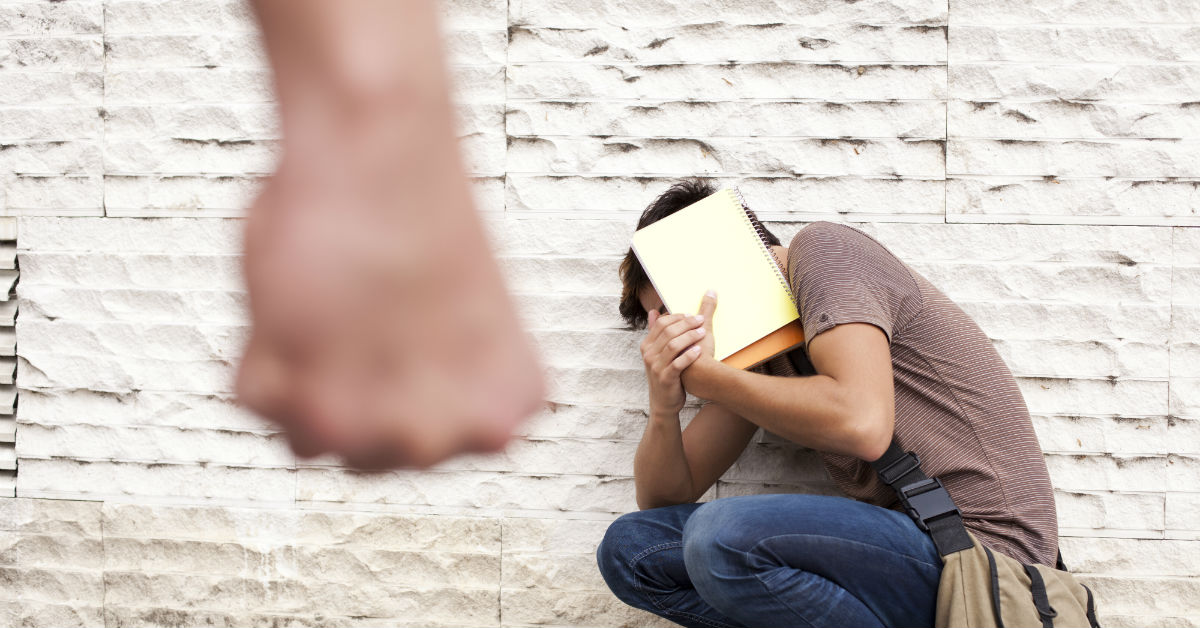
As a parent, you want to protect your children from anything that causes them harm, as well as bad choices that can lead to long term consequences. Bullying or being bullied can cause damage to both children and teens and should be addressed by parents as soon as they are aware of it. How do you know if your child is at risk though? There are some characteristics and signs that might help parents determine if their child is at risk for bullying or being bullied.
Characteristics of Bullies
· Do not feel a strong sense of empathy, or enjoy causing pain to others
· Do not believe that the rules apply to them.
· Show very little reaction when questioned about behavior.
· Believe that victims deserve their treatment.
· Resist direction or instruction from adults.
· Small group of friends with average grades that decline as they grow.
Characteristics of Bullying Victims
· Passive victims often have very few friends and rely on adults more than their peers for guidance and emotional support. They are insecure with very low self-esteem and rarely report attacks for fear of making things worse. They are not confident in their ability to defend themselves.
· Provocative victims often appear to instigate conflict by irritating and pestering those around them.
Teens who are bullied display a variety of behaviors that can be seen as red flags for concerned parents. Coming home with torn clothing, physical injuries or destroyed property is a fairly obvious sign, but victims also may change their route to school or refuse to talk about their day. A drop in grades or a change of social groups may also be an indication. Bullying often strips victims of their confidence, leading them to extremes, either becoming withdrawn or more violent themselves as compensation. Parents can help their children safely stand up to bullies by teaching them to be assertive in both posture and eye contact. Help them come up with a plan of action for when they are most likely to be confronted. This can mean keeping a safe physical distance, using assertive wording to tell them to stop or keeping to the buddy system. Encourage your child to let an adult at school know, so they can help create a safer environment.
Some parents do not want to believe that their child could be the one causing harm to his peers and therefore don’t take reports seriously. However, kids who bully need intervention to either address what is causing them to act out, or help them learn to handle conflict more effectively. Let your teen know that you will not tolerate bullying in any form and be clear and consistent on the consequences if it occurs. Spending more time with your teen and taking action to help him learn empathy is another way you can help him. Make sure that your home environment reflects the things you want your son to emulate, such as respect for others and good conflict management.
There are times when the effects of bullying or being bullied have taken too high of a toll on your son. In such cases, full time, supportive surroundings away from the usual environment may be what he needs in order to set himself back on a good path. Liahona Academy is a residential treatment center that teaches boys how to handle conflict and communicate with others in a healthy way. If you think your son could benefit from such a program, call us for a free consultation at 1-855-587-1416.


Leave a Reply